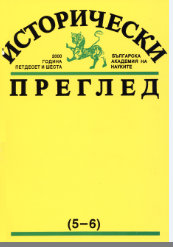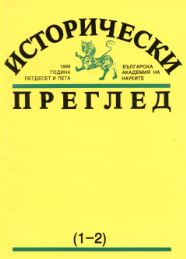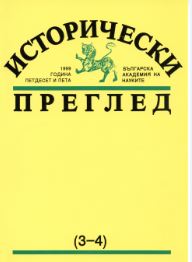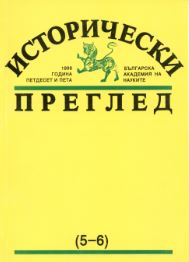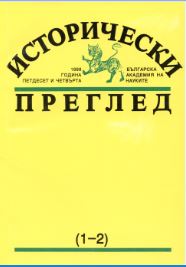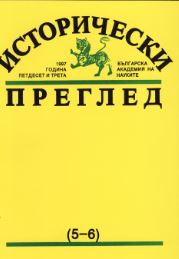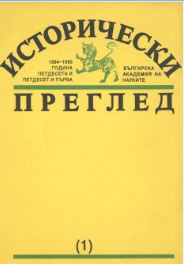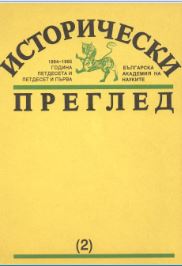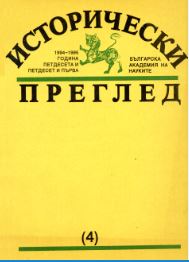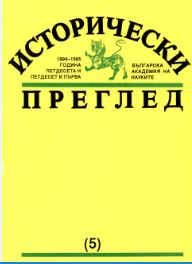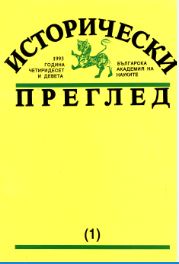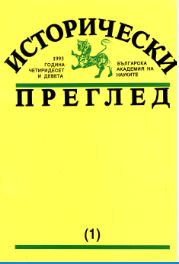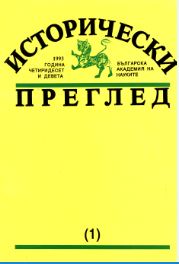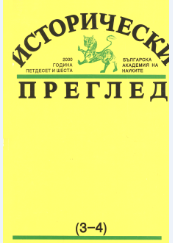
Българският проект за конституция от 1879 година (Към историята на идеите за политическо управление през 70-те години на XIX в.)
An analysis is made in this publication of an important historical document: the Bulgarian draft of a Constitution, submitted to the Constituent National Assembly in March 1879 by a 15-member parliamentary commission. The report was a draft of the fundamental law, pragmatic and adequate to the real historical situation and, moreover, the only one worked out exclusively by Bulgarians, representatives of the leading political currents and social groups in the society at that time. Arguments are put forward in support of the thesis that the general characteristics of the document were rather in the sphere of liberal constitutionalism (in compliance with the specific Bulgarian conditions after centuries of alien domination, from where came also certain nuances characteristic of conservatism) than of the true conservatism not typical of Bulgarian political life (and also not inherited from the ideological legacies of the National Revival). An analysis is made of the contents, of the proposals put forward in the report, their similarities with and differences from other programme documents revealing the leading ideas about political government in the 60s and 70s of the 19th c. The discussion of the report in the Constituent Assembly is followed up, as well as its rejection which led to the fanning of political demagogy and the turning of the “party acting out of spite” into a real thought negative factor in development of the just restored Bulgarian State. The Bulgarian Draft of a Constitution is published, as it would have looked according to the report of the 15-member commission.
More...
